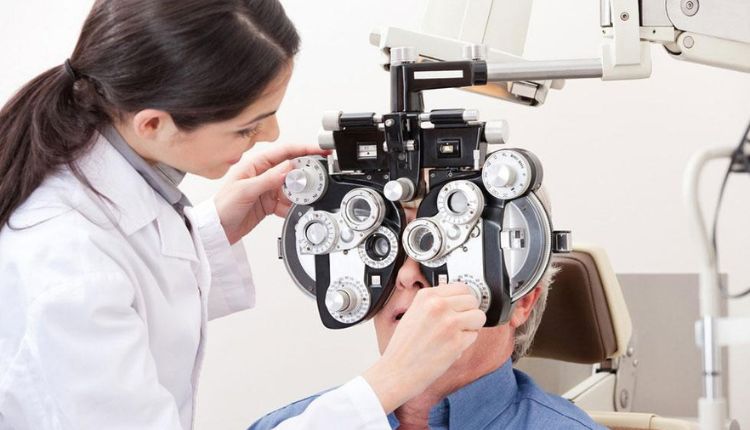Good eye health is essential for overall well-being. Unfortunately, many people take their vision for granted and neglect the importance of maintaining good eye health. Regular visits to an optician are one of the most crucial steps in maintaining good eye health. An optician is a healthcare professional specialising in examining, diagnosing, and treating vision disorders. This article will discuss the role of opticians in maintaining eye health and why it is essential to see a trusted optometrist regularly.
Who is an Optometrist?
An optometrist or optician is a licensed healthcare professional specialising in examining, diagnosing, and treating vision disorders. They are not medical doctors; they undergo extensive training to become experts in their field. They provide primary eye care services, including performing eye exams, prescribing glasses and contact lenses, detecting and managing eye diseases, and providing rehabilitation for low vision.
Optometrists differ from ophthalmologists and medical doctors specialising in eye care and surgery. While ophthalmologists can perform eye surgeries and treat complex eye diseases, opticians focus more on preventive care and routine eye exams. However, opticians and ophthalmologists work together to provide comprehensive eye care to patients.
Why is it important to see an optician regularly?
Regular eye exams are crucial in maintaining good eye health. Many eye diseases, such as glaucoma and macular degeneration, develop slowly and have no symptoms in their early stages. Regular eye exams can detect these diseases early on, allowing early intervention and treatment. The eye examiner can also detect and manage other eye disorders, such as cataracts and dry eye syndrome.
Additionally, optometrists can determine a patient’s visual needs, such as the need for glasses or contact lenses. They can also provide recommendations on protecting the eyes from harmful UV rays and blue light from digital screens. Regularly seeing can help prevent vision problems and preserve good eye health.
What to expect during an eye exam?
Eye exams typically include several tests and procedures to evaluate the eyes’ health and determine visual problems. Opticians may perform visual acuity tests, measuring how well the patient can see at various distances. They may also perform a refraction test, determining the glasses or contact lenses prescription. Other tests may include:
- A colour vision test.
- A visual field test.
- Examining the retina and optic nerve.
During an eye exam, they will also ask the patient about their medical history and any current medications they are taking. They may also discuss any symptoms the patient is experiencing, such as blurred vision, eye strain, or headaches. The optician will determine a diagnosis and recommend any necessary treatment or management options based on the exam results.
How to Choose a trusted eye care provider?
Choosing a trusted optician is essential for maintaining good eye health. Patients should look for licensed opticians with a good community reputation. When choosing, patients should consider factors such as location, office hours, and insurance coverage.
To find a trusted optician, patients can ask for recommendations, check online reviews and ratings, or consult their insurance provider’s list of preferred providers. Patients should also schedule a consultation with the eye care provider before committing to a long-term relationship to ensure they are comfortable with the optician and the office environment.
In conclusion, don’t neglect the importance of regular eye exams and seeing a trusted optometrist. Your eye health is critical for your overall well-being, and by taking care of your eyes, you can prevent vision problems and maintain good eye health for years to come. So, schedule an appointment with your eye examiner today and take the first step towards a clear vision ahead.
